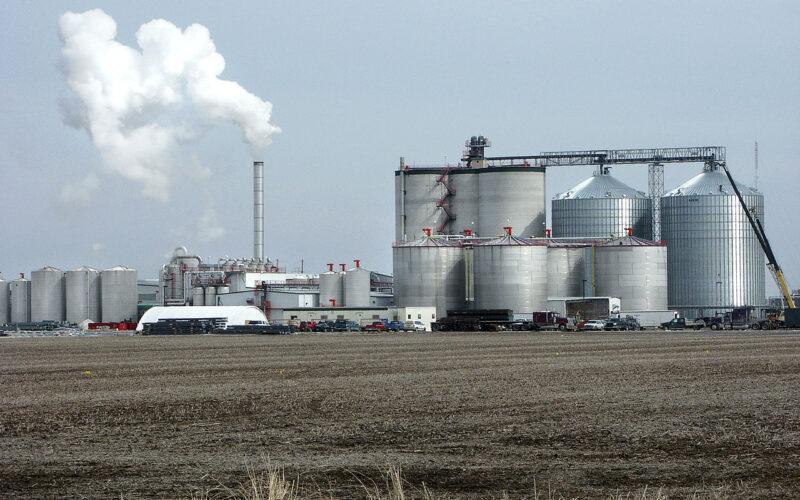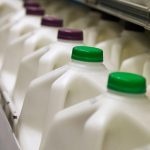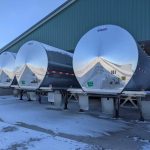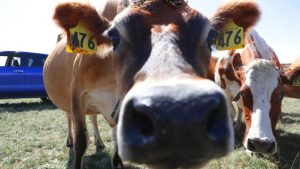
Animal nutritionist flags corn ethanol by-product when it comes to NZ cows.
An animal nutritionist has cautioned over the use of dried distillers grain in most New Zealand dairy systems, given the already high levels of pasture protein most New Zealand dairy cows deal with throughout the year.
As a corn ethanol byproduct, dried distillers grain (DDG) offers a high protein feed option with levels up to 42%, capable of being mixed into multiple feed types.
Feilding-based animal nutritionist Dr Lucy Waldron said DDG’s manufacture is based on proven, safe processes, and offers a good option for the likes of pig and poultry operators.
“There is really no such thing as a ‘bad feed’ ingredient, rather an ingredient that may be poor quality, or used inappropriately,” she said.
“The biggest problem we have, though, is too much protein going into cows already. The level is always well above what they can handle, even on the worst pasture stages. With DDG you would not get much below 20% protein, and cows can only use 15% protein.”
She said top operators on a System 5 type mixed ration regime may be among the few capable of optimising DDG in dairy cow diet.
She noted imported supplements can also raise issues about a farm’s carbon and environmental footprint. She is working on a project aiming to help reduce nitrate losses through a “whole system” farm approach.
Fonterra’s general manager of global climate policy Andrew Kempson said there are differences in the carbon footprints of imported supplementary feed types based on their origin.
“We are actively collaborating with feed importers and our carbon footprint assurance providers to ensure that we can source verified and credible data on these imported feed carbon footprints.”
Feed importers in NZ have reported no quality issues with DDG imported from Brazil but have experienced delays in shipment loadings.
Brazil’s vast distances between ethanol refineries and ports are not linked via rail, meaning trucking is the main transport option.
You can now read the most important #news on #eDairyNews #Whatsapp channels!!!
🇺🇸 eDairy News INGLÊS: https://whatsapp.com/channel/0029VaKsjzGDTkJyIN6hcP1K

























